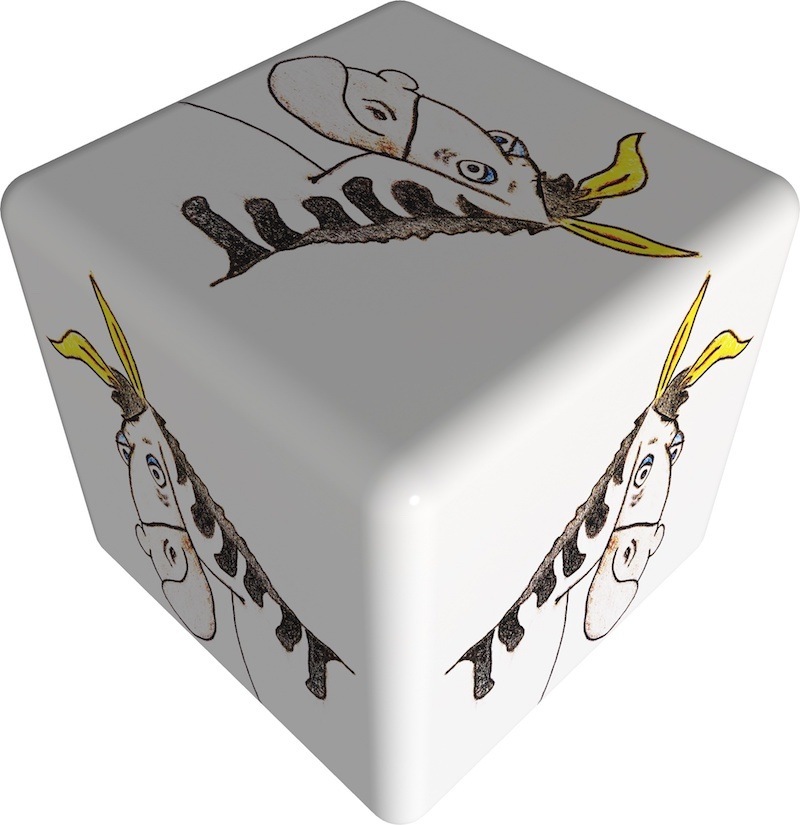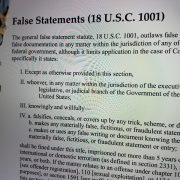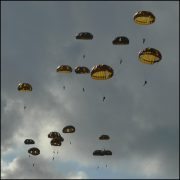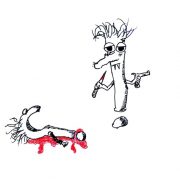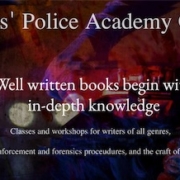Twisted Endings and Plot Tips: When You Hear Hoofbeats, Don’t Expect a Zebra
The story begins with North Carolina farmer Paul A. Plow and his wife standing on the well-weathered front porch of their clapboard-sided home—the house they’ve lived in for the past forty-seven years, the dwelling that saw its last coat of whitewash just prior to the birth of Girly Jean, the oldest of four grown daughters, the one who now teaches third grade at the Boiled Beaver Elementary School.
Paul Plow and his missus stood watching a faint cloud of orange-tinted dust gently rise on the horizon past the last row of tobacco, the line of head-high plants standing precisely one mile from the edge of the side yard where green grass met hard-packed Carolina clay.
They weren’t expecting anyone, especially anyone who was so obviously in a hurry to reach their destination. To top off the mystery, the width of the dust cloud indicated the approach of more than one hard-riding someones or somethings. He’d seen a similar occurrence when the rodeo was in town and their horses busted (his word, not mine) out of their corral. He’d also seen a dust cloud like this one on one of those Nat Geo shows where a pride of lions, while hunting for dinner, chased a herd of wild animals across the plain.
Didn’t matter. The rodeo was not in town nor was he watching television. This was the real deal and it was happening right then.
Too far away to hear hoofbeats or the chatter of riders.
Growing closer and closer and larger and larger, the dust cloud grew in size and showed no signs of slowing.
This was serious. And to top it off, since childhood he’d been plagued with a serious case of Equinophobia, the fear of horses.
The situation was dour. Times ten.
The farmer went for his rifle. Told the wife to go inside.
“Grab the pistol and a few extra rounds. Just in case,” he said. Then he told her to hide in the cellar until he called for her.
It started as a light tapping but quickly grew into a thunderous roar as the dust cloud doubled then tripled in size. From inside the roiling and boiling and billowing floating pillow of airborne soil, the farmer heard snorts and the hard-breathing of hard-running large beasts.
Quarter horses, Paints, or Appaloosa, probably. Maybe some of each. Killers, rapists, and robbers rode a variety. Whatever they could steal.
One thing was certain … if they didn’t soon slow down they’d most surely run smack dab over the house. He wanted to yell or fire a warning shot. Wave. Something.
Anything to get their attention, but onward they came … and hard, hard, hard.
Hoofbeats.
Clippity-clopping at machine gun speed.
Churning.
So close now the farmer felt the dry earth trembling beneath the stone foundation that held the house high enough off the ground to allow Roofus, the family’s three-legged dog, to sleep out of the weather.
Maybe the animals were even larger than he first thought. Morgans, Percherons, Drafts. Hell, the way the earth was shaking … well, it was a crazy idea, but the picture of a large team of crazy Clydesdales came to mind.
Whatever and whomever, somebody meant business.
Time to take cover and prepare for the inevitable.
Suddenly the hoofbeats silenced and the cloud stopped. Its leftovers slowly drifted up and onto the porch. Then the dust settled and standing there before the farmer were … three muscular zebras. No riders. Just three totally and unexpectedly out of place black and white striped zebras.
Needless to say, there are no zebras in North Carolina.
Unforeseen? Yes. Unanticipated? Definitely. Not in the cards? You bet.
Like. A. Bolt. Out. Of. The Blue.
But this article is about plot tip and twisted endings, so what the heck do zebras have to do with writing? Well, I’ve traveled this far outside the box, so before we answer that question let’s first go even further “out there” and examine what zebras have to do with medicine, especially medicine in the U.S. (You’ll see, it’ll come together in a moment).
Zebras and Medicine
Chest pains could indicate cardiac issues. Likewise, those same pains could indicate trouble with the gall bladder, blood clots, etc. Statistically, though, the more likely cause of chest pains is related to the heart.
Therefore, the general rule of thumb is to begin with the more obvious (cardiac, in this case) before moving on to other issues. In other words, if you hear hoofbeats don’t expect a zebra. In other words, we expect the obvious. Then, after ruling out the common cause, well, he trouble could be the unexpected.
When writing fiction, especially a tale with a twisted ending, writers often achieve successful scenes by concocting scenarios that seem typical on the surface (the approaching hoofbeats to conjure-up a mental image of galloping horses). However, when the dust settles, the hero and readers are faced with a surprise, or twist. In the case above, the unexpected twist was the sudden appearance of three zebras.
What we’re talking about is simply another gadget for the writers’ tool kit—base-rate neglect. For example, when a detailed description of something entices us to overlook the statistical reality of a given situation. In our case, the chances of the approaching hoofbeats coming from a group of zebras is practically nonexistent.
As they say in medical school …
When You Hear Hoofbeats, Don’t Expect a Zebra
Unless, of course, the cloud of dust you’ve just written into your story does indeed contain three zebras—The Unexpected!
When the dust in your craftily-devised scene settles, readers will want to hear more about your striped beasts and why they’re now standing at the front door of Paul D. Plow’s ramshackle farmhouse.
What does Paul Plow know that we don’t, if anything?
One thing is for certain, though, we’ll want to turn the page to learn more about the zebras, about Boiled Beaver Elementary School, and if the missus will leave the cellar or decide to move her things down there to escape Paul and his weird phobias. Rumor has it that he’s also afraid of dust and sunlight and moonlight and bees and artichokes and space aliens.
Plot Tips
- Devise ways to make your hero NOT succeed. However, when she does come out on top your reader should be caught off guard as to how the success was achieved.
- You want your readers to say, “I should’ve seen seen that coming but didn’t and doggone it, it makes perfect sense. But wow!
- Do not trick readers. Give them a reason to believe your twists.
- No stereotypes. Be original.
- If your hero has a problem, and he should, make it worse so your reader will worry about him/her.
- Got to have secrets to help develop suspense.
- Use reversals to break the expectations of your readers. Changing directions keeps ’em guessing!
- Increase tension by leaving issues unresolved at the end of breaks and chapters.
- Place your hero in danger. Send him/her to a bad location where trouble is certain to occur. If the job is too dangerous to accomplish in the rain, then have the scene take place during a hurricane.
- Conflict around every corner. Everything’s an issue to overcome—family, friends, the job, that stupid hurricane and … three crazy zebras!
